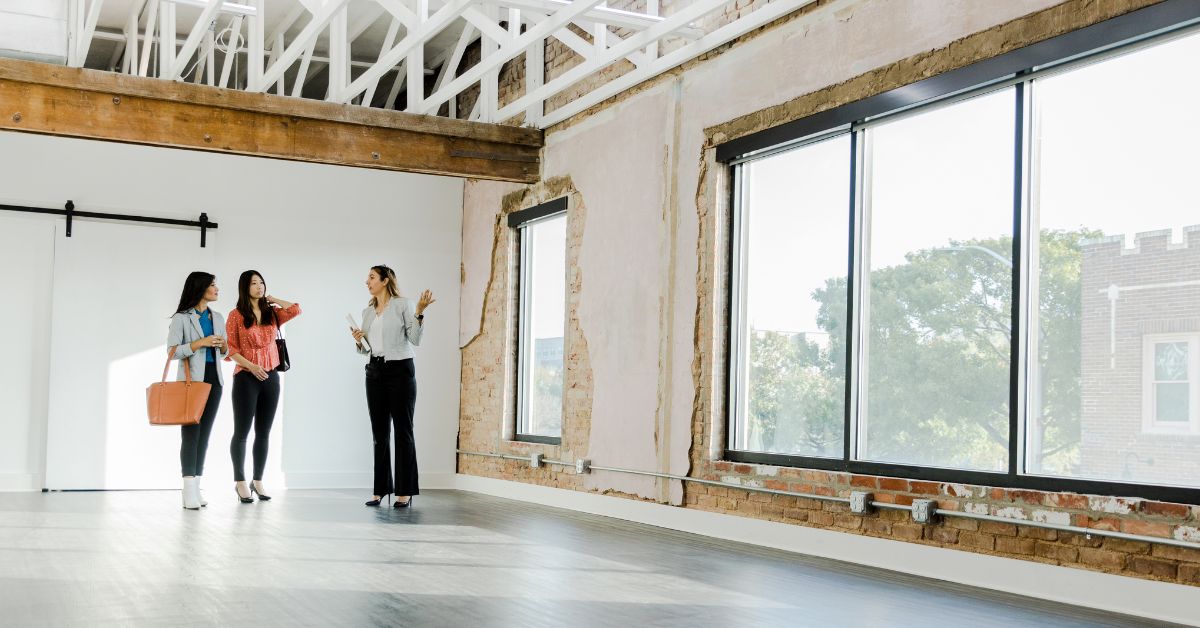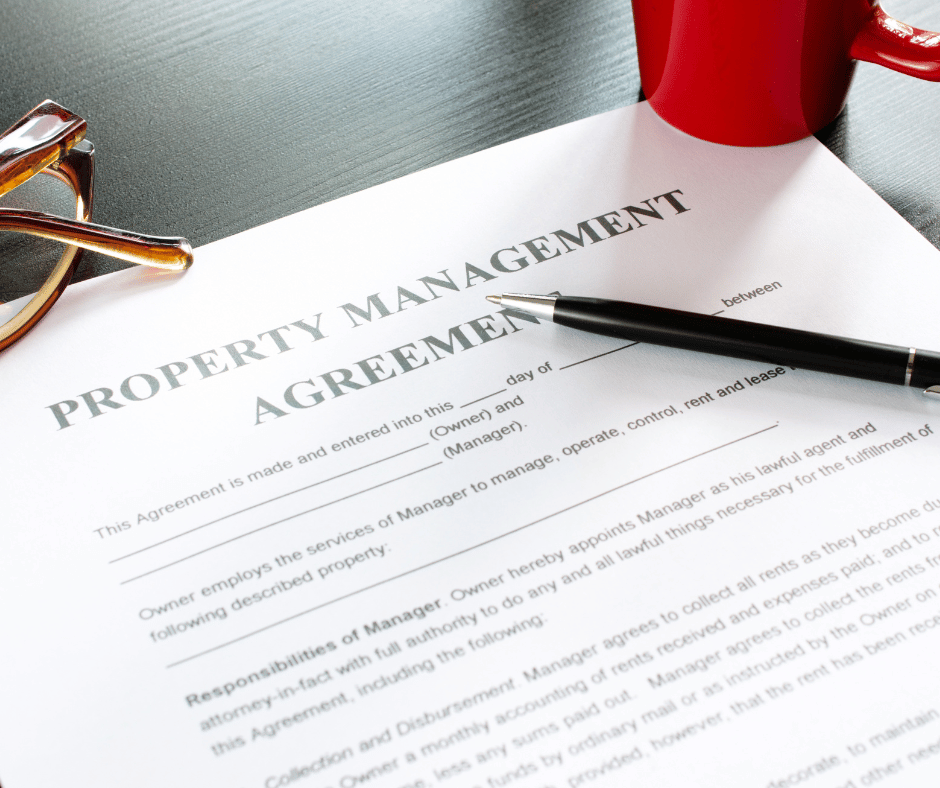Whether you're an experienced investor or just beginning to explore investing in commercial real estate,…

Buying vs. Leasing Commercial Real Estate for Your Business
When it comes to commercial real estate decisions, one of the most crucial choices you’ll face is whether to buy or lease your business space. Each option comes with its own set of advantages and considerations, and making an informed decision is key to the success of your business.
At Moore Company Realty, we have over 126 years of experience in the commercial real estate market. We understand the importance of helping our clients make the right choices. Let’s explore the key factors to consider when deciding between buying and leasing commercial property.
Pros and Cons of Purchasing Commercial Property
Advantages of Buying
- Predictable Costs: One of the most compelling benefits of owning commercial real estate is the ability to lock in fixed costs. Financing your purchase with a commercial mortgage provides predictability in your budgeting and long-term planning. This financial stability is invaluable for businesses seeking to manage overhead efficiently.
- Potential Long-Term Savings: While the initial investment in purchasing commercial property may be higher, it can pay off through substantial savings over time. As property values tend to appreciate, owners benefit from the increased value of their assets.
- Tax Benefits: Deductible expenses may include mortgage interest, property taxes, and certain maintenance costs. Depreciation of the property offers a tax write-off, and property owners may be eligible for tax credits for implementing energy-efficient systems. These deductions and credits can reduce overall tax burdens.
- Building Equity: A significant advantage of owning commercial real estate is the opportunity to build equity. Unlike leasing, where monthly payments don’t contribute to ownership, mortgage payments gradually reduce the property’s principal amount owed. Over time, this leads to increased equity– an essential financial asset that can be leveraged for financing or investment purposes. Building equity significantly enhances a business’s financial position and long-term wealth.
- Additional Income Opportunities: Another benefit of owning commercial property is the potential to generate extra income by renting unused space. If your property has surplus square footage, you can lease it to other businesses or tenants. This additional income stream can offset property expenses and contribute to overall profitability.
Considerations When Buying
- Higher Upfront Costs: Purchasing commercial property typically requires a substantial down payment. Various closing costs, including appraisal fees, inspections, legal fees, and more, add to the initial expenses. These costs can be a barrier to entry for small businesses and startups with limited cash flow.
- Unexpected Expenses: Business owners who own commercial property may encounter unexpected expenses impacting financial stability. Ongoing maintenance, occasional repairs, and structural issues or HVAC system failures can result in significant unforeseen costs.
- Limitations on Growth: Owning commercial space can limit your business’s growth and flexibility. Committing to a specific property can hinder your ability to adapt to changing needs or expansion plans. Unlike leasing, where you can often relocate to a larger space at the end of the lease term, property ownership may restrict expansion options.
Pros and Cons of Leasing Commercial Property
Advantages of Leasing
- Preservation of Working Capital: Leasing commercial property usually allows you to avoid the substantial upfront costs associated with property purchase. This lets your business allocate financial resources more efficiently, ensuring funds for daily operations, growth, and unforeseen expenses.
- Access to Prime Locations: Leasing provides access to prime locations that may be financially out of reach for your business. Prime locations feature high foot traffic, excellent visibility, and proximity to amenities or target demographics. This is crucial for retail businesses, restaurants, and service providers seeking to establish a strong presence without the costs of buying property.
- Avoidance of Property Ownership Responsibilities: Property ownership comes with maintenance, insurance, and tax responsibilities. Leasing transfers many of these tasks to commercial property managers or landlords, allowing your business to focus on operations.
- Emphasis on Flexibility: Leasing commercial space offers significant flexibility, which can be particularly beneficial for small businesses and startups. Lease terms are often shorter compared to property ownership, accommodating changing needs such as downsizing, expansion, or relocation.
Considerations When Leasing
- Annual Rent Increases: A potential drawback of leasing is facing annual rent increases, typically tied to factors like inflation or market conditions. For budget-conscious businesses, these periodic increases can strain finances and affect profitability over time.
- Absence of Equity Building: Leasing means paying for property use without gaining ownership. Unlike property ownership, where mortgage payments build equity, lease payments do not provide this financial benefit.
- Less Stability in Property Control: Leasing provides less control over the property compared to ownership. Property owners or landlords typically retain control over major decisions, including renovations and lease terms,
Expert Insights from Moore Company Realty
Deciding whether to buy or lease commercial property is a significant decision. Your business deserves a strategic partner that puts your needs first, and Moore Company Realty is here to provide just that! Whether you choose to buy, lease, or explore other options, our team of experts is dedicated to your satisfaction and success in the commercial real estate market.
Contact us today for expert guidance and assistance with your commercial property needs!



